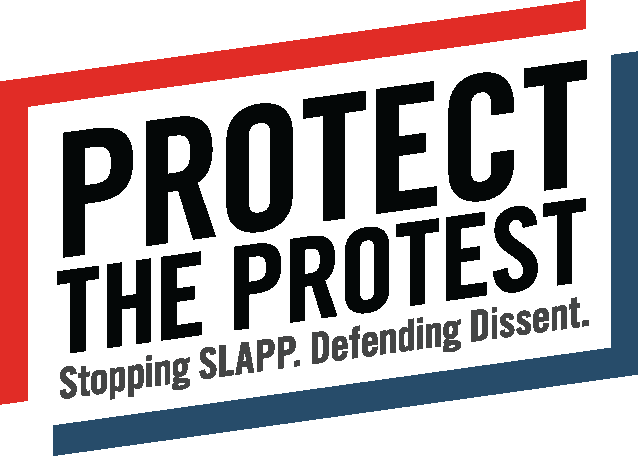A Letter to Southern NY Court: Open Donziger's Trial
Chief Judge Laura Taylor Swain
Daniel Patrick Moynihan United States Courthouse
Courtroom 17C
500 Pearl St.
New York, NY 10007-1312
Judge Loretta Preska
Daniel Patrick Moynihan United States Courthouse
Courtroom 12A
500 Pearl St.
New York, NY 10007-1312
Chief Judge Debra Ann Livingston
United States Court of Appeals for the Second Circuit
Thurgood Marshall U.S.Courthouse
40 Foley Square
New York, NY 10007
May 4, 2021
Attn. Hon. Laura Taylor Swain, Hon. Loretta Preska, Hon. Debra Ann Livingston
To Chief Judge Laura Taylor Swain, Chief Judge Debra Ann Livingston, and District Judge Hon. Loretta Preska of the United States District Court for the Southern District of New York,
In anticipation of Steven Donziger’s trial on May 10, the Protect the Protest task force asks that the trial be open and accessible to the public virtually. Despite the prohibitions of Rule 53 (the general prohibition on audio or video recording of a federal trial), while we are still in a global pandemic, it is only prudent to create a safe virtual space for interested members of the public to view the case unfold. In fact, the United States Constitution requires it. Mr. Donziger’s case is an important example of a strategic lawsuit against public participation (SLAPP), and open public engagement with this trial is a necessity as we navigate the fate of dissent in the United States.
Chevron’s legal attack on Donziger is not the first, nor will it be the last case of its type. Right now, the rights of protesters are being repressed by both governmental and corporate entities. Because of this alarming trend, Mr. Donziger’s case is in the international spotlight, and the accessibility of this case may very well play a role in shaping protest law in the United States and abroad. Keeping this trial away from the public only exacerbates the ability of large corporations and government entities to silence activists and movements without ever facing accountability.
Even the Supreme Court has allowed audio access to its hearings, something the Court said would never happen before the world faced its first global pandemic in 100 years. If allowing access like this is good enough for the highest court in the land, how is it too good for Mr. Donziger’s case? In addition to the constitutional concerns raised by the prohibition on virtual public access to Mr. Donziger's trial, thousands of Ecuadorian victims of horrific pollution in their ancestral homes have direct interests in the case against Mr. Donziger and deserve access. Allowing for Zoom access or at very least audio access of the proceedings would help ensure they get the access they deserve.
Mr. Donziger’s case is an important example of a strategic lawsuit against public participation (SLAPP), and open public engagement with this trial is a necessity as we navigate the fate of dissent in the United States.
The pandemic is far from over, and maintaining safe, accessible methods of attendance is vital and required by the constitution, and the additional unique nature of Mr. Donziger's case. Obviously no one can get COVID through a Zoom link or audio line, so Judge Preska’s refusal to allow these using COVID protocols as an excuse is irrational and unacceptable. COVID is the reason why they should be allowed. It is imperative that Donziger’s trial be given the care and attention it deserves; this case demands transparency, and so do we.
The Protect the Protest task force was launched in September 2018 to combat the threat of SLAPPs in the United States. We now have over 30 social justice, environmental, and civil liberties organizations as members.
Signed,
Protect the Protest task force
